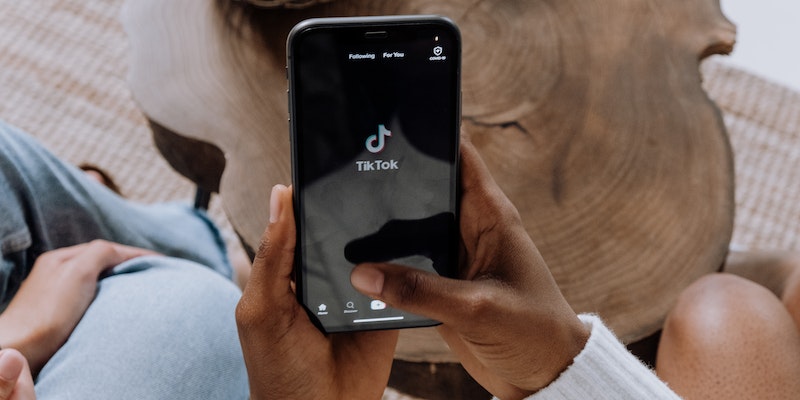TikTok, the popular Chinese social media platform, has been hit with a massive fine of €345 million ($368 million) by Ireland’s data protection regulator. The ruling comes after the regulator found that TikTok had infringed on several articles of the General Data Protection Regulation (GDPR) in its handling of child users’ information. This ruling not only imposes a hefty financial penalty but also requires TikTok to bring its data processing practices into compliance within three months.
The Irish DPC Ruling
The Ireland Data Protection Commission (DPC) meticulously examined TikTok’s practices and concluded that several articles of the GDPR had been violated. These include Articles 5(1)(c) and 5(1)(f), which pertain to the principles of data minimization and the obligation to process data securely and confidentially. Additionally, Articles 24(1) and 25(1) highlight the responsibilities of controllers to implement appropriate technical and organizational measures to protect personal data.
Furthermore, TikTok was found to have violated Articles 25(2) and 12(1), which govern data protection by design and default, as well as the right of access for data subjects. The company also fell short with regard to Article 13(1)(e), which mandates that users be informed about the processing of their personal data. Lastly, Article 5(1)(a) emphasizes that personal data must be processed lawfully, fairly, and transparently.
Consequences for TikTok
As a result of GDPR infringements, TikTok is not only facing a substantial fine but also pressure to rectify its data processing practices within three months. The €345 million penalty is a clear message that regulators will not tolerate violations of children’s privacy rights. TikTok must take immediate action to address the issues highlighted by the DPC and align its operations with GDPR requirements.
Default profile settings
One of the key issues identified by the DPC was that TikTok’s default profile settings for child users were set to public. This meant that anyone, whether on or off the platform, could view the content posted by these users. Such a default setting directly contradicted the principles of privacy and data protection.
“Family Pairing” setting
Another problematic feature was the “Family Pairing” setting, which allowed non-child users to pair their accounts with those of children without verifying their relationship as a parent or guardian. This lack of verification raised concerns about the potential for unauthorized access and exploitation of minors on the platform.
Lack of transparent information
TikTok’s failure to provide sufficient transparency information to child users was another breach of GDPR requirements. The DPC found that the platform did not adequately inform children about the processing of their personal data, preventing them from making informed decisions about their privacy and data sharing.
Deployment of “Dark Patterns”
The DPC also highlighted TikTok’s use of “dark patterns” in its interface, which manipulated users into selecting more privacy-intrusive options during account registration or video posting. This unethical design tactic further undermined users’ control over their own personal data.
Previous regulatory issues faced by TikTok
Regulatory scrutiny is not new for TikTok. In 2019, the company agreed to pay $5.7 million to settle allegations by the Federal Trade Commission (FTC) in the United States. The FTC found that TikTok had violated the Children’s Online Privacy Protection Act (COPPA) by collecting information from users under the age of 13 without obtaining parental consent.
Furthermore, in September 2020, the UK’s Information Commissioner’s Office (ICO) announced its intention to fine TikTok £27 million for failing to protect the privacy of its youngest users. This pattern of regulatory non-compliance raises serious concerns about TikTok’s approach to user privacy and data protection.
With the imposition of a €345 million fine and the demand for swift compliance with GDPR regulations, TikTok faces significant consequences for its mishandling of child users’ information. This ruling sends a strong message to social media platforms about the importance of protecting the privacy and rights of minors. TikTok must take immediate action to rectify the violations highlighted by the Ireland DPC and rebuild trust with its users and regulators alike. Failure to do so may result in further penalties and damage to its reputation in an increasingly privacy-conscious world.

